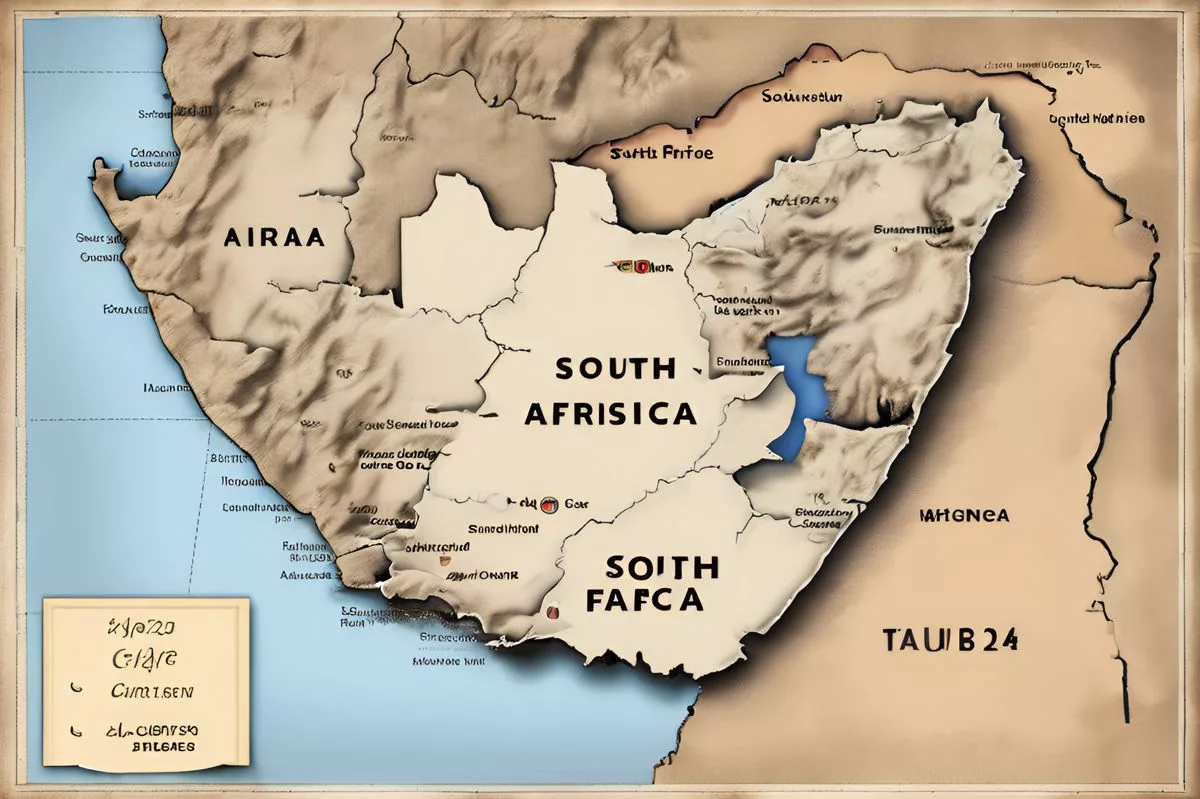The launch of CODI is a significant milestone for South Africa’s financial security. It provides a safeguard for consumers by protecting their deposits up to R100,000 in case of a bank’s failure. South Africa’s measured approach towards financial sector reforms, including the establishment of the Financial Sector Conduct Authority and the Prudential Authority, enhances consumer and investor confidence globally. A proactive regulatory framework and structural reforms, like CODI, rebuild public trust in financial regulation and signify South Africa’s dedication to economic stability.
What is CODI and how does it contribute to South Africa’s financial stability?
CODI, the Corporation for Deposit Insurance, is a safeguard for South African consumers, protecting them by providing access to up to R100,000 of their deposits if a bank fails. It strengthens the country’s financial framework by placing the Financial Sector Conduct Authority and Prudential Authority at the forefront of managing intricate financial systems, enhancing consumer and investor confidence globally.
A Milestone for Financial Security
In a leap towards achieving financial stability, the South African government has introduced the Corporation for Deposit Insurance (CODI). Finance Minister, Mr. Enoch Godongwana, has driven this significant launch, highlighting the ongoing development of inclusive financial regulation within the country.
The creation of CODI is a bold step towards mitigating financial crisis risks. It strengthens the nation’s financial framework by placing two pivotal entities – the Financial Sector Conduct Authority and the Prudential Authority – at the forefront of managing intricate financial systems. This development is essential in enhancing consumer and investor confidence globally.
CODI acts as an essential safeguard for consumers. It protects depositors by ensuring they can access up to R100,000 of their deposits if a bank fails. This safety provision is vital in today’s intricate and rapidly evolving financial environment.
Evolution of Financial Reform: A Steady Approach
The inception and progression of South Africa’s financial sector reforms have been thoughtfully measured. Unlike other policy areas, these reforms have largely avoided hasty, ill-informed changes. This indicates a staunch dedication to clear-cut policies, emphasizing that policy evolution is a long-term process, deeply grounded in detailed analysis and solid institutional capability.
The Twin Peaks model, unveiled by the National Treasury in 2011, was a strategic response to the weakness exposed by the global financial crisis. The Financial Sector Regulation Act of 2017 provided the legal foundation for the Prudential Authority and the Financial Sector Conduct Authority’s establishment in 2018. Since their birth, these entities have been refining regulations, adjusting to technological progress and enhancing their supervisory abilities.
The COFI Bill, a crucial factor in fortifying this structure, has been sharpened through public discussions. It is predicted to face parliamentary scrutiny later this year. The bill’s focus on preventing bank failures from broadly impacting the financial system and economy affirms South Africa’s forward-thinking regulatory approach, aiming to prevent crises that have historically caused catastrophic socioeconomic effects.
Rebuilding Public Trust Through Proactive Regulation
Trust forms the bedrock of any effective financial system. However, trends post-2008 indicate a considerable decrease in trust towards financial regulators globally. This decline is credited to regulatory shortcomings and a perceived alignment with financial magnates, rather than the general public.
To combat this trust deficit, South Africa has implemented a dynamic and proactive regulatory framework. This structure not only adapts to market alterations but also anticipates them, ensuring clarity and fostering public comprehension and participation in financial regulation.
Restoring public faith in financial regulation requires deep-rooted structural reforms and a shift towards increased accountability, transparency, and public inclusion. The guiding notion that regulatory processes should cater to the broader public is paramount. Preserving the integrity of an economy that thrives on its people’s trust and confidence is vital.
CODI: A Beacon of Financial Resilience and Vision
CODI’s launch signifies a crucial landmark in South Africa’s financial sector. It stands as a testament to the durability and foresight of the nation’s financial regulators, particularly the Reserve Bank, whose outstanding efforts are praiseworthy. As a country, South Africa continues to march towards a financial system that is sturdy, inclusive and trusted, not only by its citizens but also by the global populace.
-
What is CODI, and what is its purpose?
CODI stands for the Corporation for Deposit Insurance, and its purpose is to provide a safeguard for South African consumers by protecting their deposits up to R100,000 in case of a bank’s failure. -
How does CODI contribute to South Africa’s financial stability?
CODI strengthens South Africa’s financial framework by placing the Financial Sector Conduct Authority and Prudential Authority at the forefront of managing intricate financial systems, enhancing consumer and investor confidence globally. -
How have South Africa’s financial sector reforms been approached, and why is this significant?
South Africa’s financial sector reforms have been thoughtfully measured, indicating a staunch dedication to clear-cut policies grounded in detailed analysis and solid institutional capability. The approach emphasizes that policy evolution is a long-term process. -
How does South Africa’s regulatory framework aim to rebuild public trust in financial regulation?
South Africa’s regulatory framework is proactive and anticipates market alterations. It ensures clarity and fosters public comprehension and participation in financial regulation, restoring public faith through increased accountability, transparency, and public inclusion. -
What does CODI’s launch signify for South Africa and its financial sector?
CODI’s launch signifies a crucial milestone for South Africa’s financial sector and stands as a testament to the durability and foresight of the nation’s financial regulators, particularly the Reserve Bank, whose outstanding efforts are praiseworthy. -
What is the COFI Bill, and how will it further strengthen South Africa’s financial regulatory structure?
The COFI Bill is a crucial factor in fortifying South Africa’s financial regulatory structure and preventing bank failures from broadly impacting the financial system and economy. It affirms South Africa’s forward-thinking regulatory approach, aiming to prevent crises that have historically caused catastrophic socioeconomic effects. The bill is predicted to face parliamentary scrutiny later this year.













